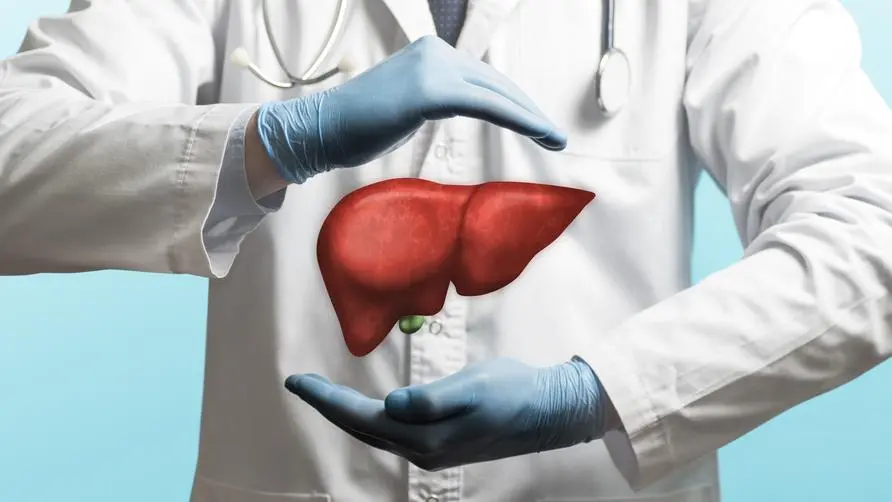Watch it before continuing the show after get off work! Oxford University warns: Alcohol damages gray matter in the brain, no matter how little you drink!

Drinking after get off work or drinking at home to help you sleep and relieve boredom are common life scenes for modern people. However, due to genetic problems, Taiwanese people have been certified as “the worst people on the planet for drinking.” Many people drink until they have splitting headaches, vomiting and diarrhea, and a host of physical ailments. In recent years, the voice of “responsible drinking” has gradually increased. Whether it is government agencies or advertising slogans, they will promote the importance of responsible drinking. Just have two drinks depending on the situation. However, can moderate and responsible drinking really prevent alcohol from harming your health? Wine lovers may be disappointed. According to research from Oxford University in the UK, no matter how much you drink, it may cause a certain degree of damage to the brain.
Alcohol causes brain changes that may lead to dementia, memory loss and other diseases
Anya, a professor at Oxford University. A research team led by Anya Topiwala obtained brain structural data from 25,378 adults from the UK Biobank and assessed their brain health through MRI scans. Among the 25,378 subjects, 24,069 had regular drinking habits, 617 had abstained from drinking for some time, and 691 had never drank.
After adjusting for more confounding factors and multiple comparisons of the data, the research team found that an increase in weekly alcohol consumption was related to a decrease in brain gray matter area. Under the influence of alcohol, the gray matter volume varied by about 0.8%. Even though this proportion seems small, Tobiwala said that as long as the brain’s gray matter is mutated, regardless of the size of the mutation, it will affect physical aging, poor memory, and the chance of Alzheimer’s disease; and for the brain, alcohol is There is no “safe” standard for intake, because no matter how much alcohol you drink, the damage to your brain will always exist. Tobiwala added that high blood pressure and obesity exacerbate the situation.
Rebecca from the University of Nottingham, UK. Rebecca Dewey also said in response to this study that it is unknown how much harm small changes in the brain will actually cause to the body. Therefore, the risk of brain disease cannot be ignored just because you drink less. Even moderate drinking can cause May have adverse effects on brain structure and function.
Drinking yellow soup has made your whole body bad. Do you have any reason not to quit drinking?
In fact, the sequelae of alcoholism are not just as simple as brain damage. If you often drink too much and have persistent pain in your upper abdomen, you may be exposed to the risk of “alcoholic pancreatitis”; In addition, excessive drinking can also cause cardiovascular disease problems. If combined with bad habits such as smoking and abnormal work and rest, the liver, lungs and even the stomach may be “completely damaged”. It can be said that drinking alcohol can not only improve your mood Apart from relaxing and conducive to social behavior, it has no physical benefits at all.
Although you know alcohol is bad, you always want to stop drinking but can’t? Scientific research suggests that alcoholics can use yoga and meditation to change their mood to mindfulness and resolve the discomfort during alcohol withdrawal; in addition, through nutritional consultation from doctors and nutritionists, the diet can be adjusted to the best state for the body, and vitamin deficiencies can be avoided. It may also be one of the reasons why you are unable to quit drinking. After all, only by having a healthy body can you have the energy to resist the temptation of alcohol. In addition, light therapy can also be used to reduce the anxiety of quitting drinking. It can not only reduce the chance of depression, but also adjust physiological schedules.
Quitting alcohol is actually like quitting other bad habits. It is a long and arduous battle. Sometimes it is difficult to achieve the goal through willpower alone. If you are still in the stage of alcohol addiction, in addition to trying the above methods, you can also try to join an alcoholics mutual aid group to share your journey of quitting alcohol with other alcoholics, so that you can have more strength to support yourself through social support. If you can’t get over it, be sure to consult a doctor or expert for help to avoid alcohol dragging down your life and regretting it later.
source:





